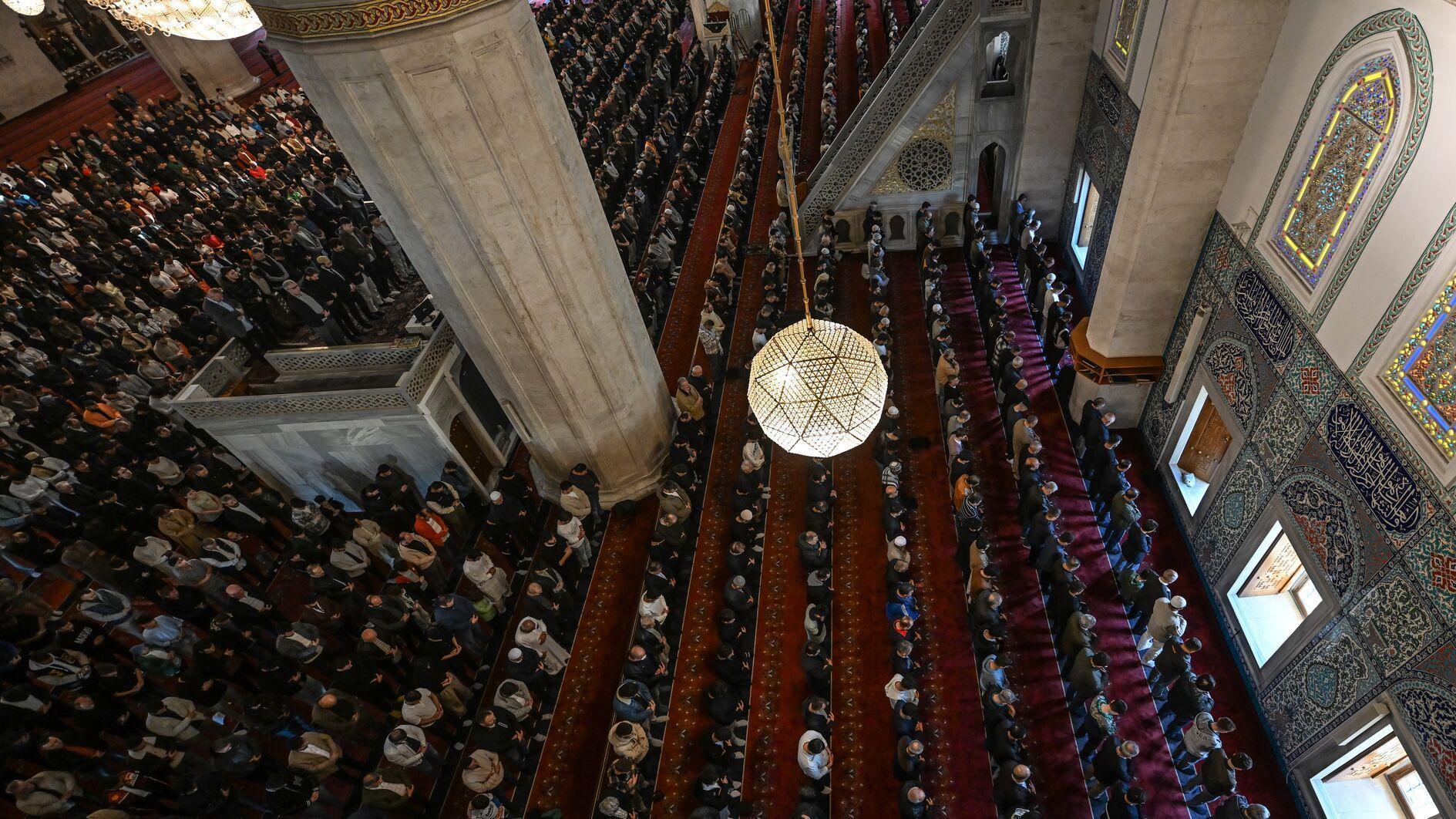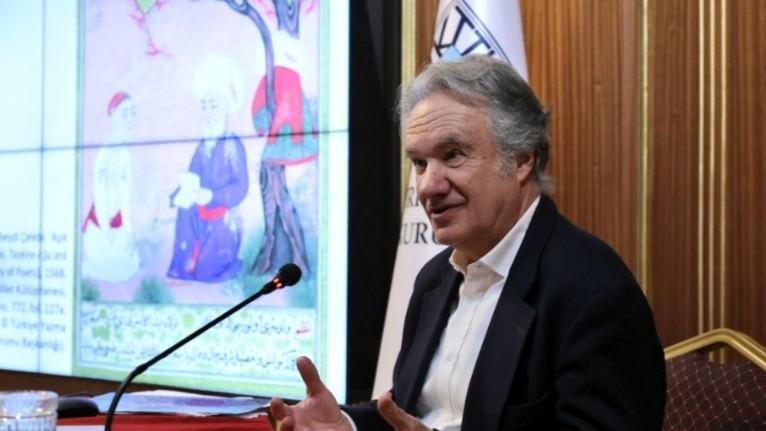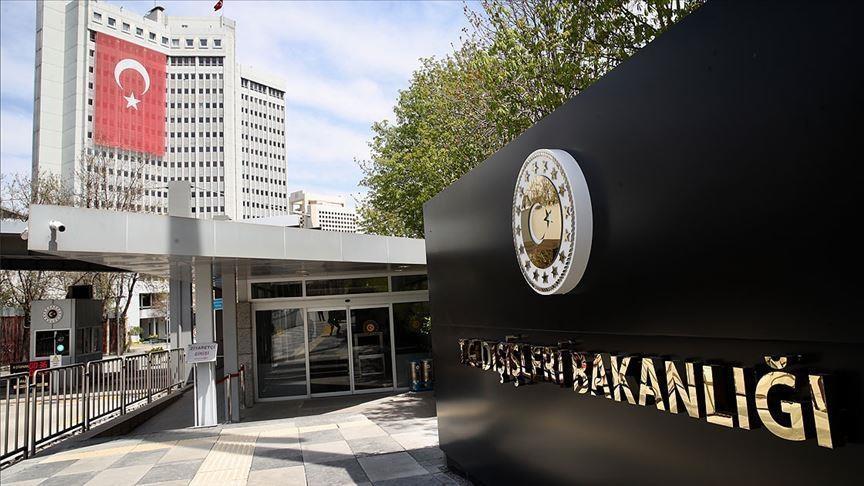How to convert Turkey-Qatar ties to a long-term vision?
Undoubtedly, the signing of 10 new agreements between Qatar and Turkey at the sixth Supreme Strategic Committee chaired by Sheikh Tamim bin Hamad al-Thani and President Recep Tayyip Erdoğan on Nov. 26 in Ankara is a significant development for both economic terms and its implications on international relations.
The two countries have developed a unique partnership in the past decade, accompanied by trade and investment opportunities for their mutual benefit. Over the past few years, they signed 62 agreements in a bid to strengthen the legal infrastructure of their relationship and to deepen cooperation in almost all areas, including the defense industry, trade, and culture, etc.
Qatar and Turkey also developed an overlapping perspective concerning some notable regional conflicts from Yemen to Syria and Libya, pitting them against the other regional heavyweights like the United Arab Emirates, Saudi Arabia, and Egypt. It was no coincidence that it was Turkey that rushed to lend a helping hand to Qatar when the UAE, Saudi Arabia, and other Gulf countries imposed a boycott against it in mid-2017. Plus, Qatar is one of the few countries where Turkey has a military base with troops and military equipment.
In return, it was Qatar that helped Turkey by pledging $15 billion of investment in Turkey in August 2018 as the Turkish economy was in a deep struggle because of sanctions imposed by the U.S. President Donald Trump on the Pastor Brunson case.
The official figures highlight that Qatari investment in Turkey has passed $20 billion with around 170 Qatari companies functioning in the country while more than 500 Turkish companies operate in the Gulf country. The trade volume has now exceeded the $2 billion with mutual plans to improve this figure in the coming period.
These are definitely very good developments between the two countries, but more is needed to be done to turn this relationship into an institutional, sustainable and a long-term one. The reason for it is evident enough as Qatar is a monarchy, whereas Turkey is a democracy, and governments change through elections here.
The point that we have arrived concerning Turkey-Qatar ties, at least two things must be secured - an inclusive dialogue and transparency. For the former, the Qatari government should realize that there is a vibrant political life in Turkey, and a lack of effective communication channels with other political actors will result in misunderstandings and misperceptions on the quality of the bilateral ties. And this is also crucial in terms of the sustainability of Qatari investments in Turkey.
The second issue that is not paid much attention to is transparency when it comes to Qatari investments and economic operations in Turkey. Turkey and Qatar signed some very important agreements last week, including the transfer of 10 percent of shares of the Borsa Istanbul but without providing any details about the transaction.
The lack of information about the details of such a major sale has created controversy inside the country with the opposition party’s criticisms against the government for selling the national assets to a foreign government in an obscure way.
Although the criticisms are against the Turkish government, they would also have an impact on the perception of Qatar within the Turkish public opinion. It must be a priority for both governments to inform their respective people about the technical and financial dimensions when they sign such important agreements to avoid some sensitive questions.
It’s time for Turkey and Qatar to take these steps and prove that their relations are based on a long-term vision.











